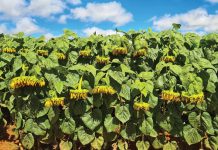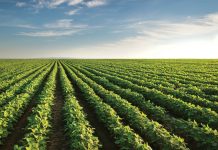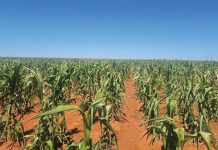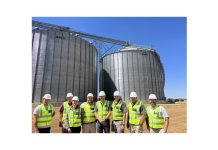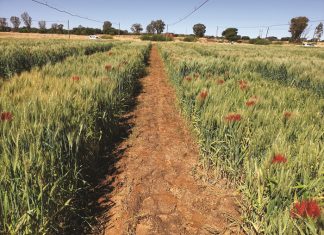 Bio Liquid is a unique in-furrow product designed to improve microbial activity in the soil, improve soil structure, improve stress tolerance, and ultimately improve plant vigour and growth. Bio Liquid contains fish hydrolysate, condensed molasses solubles (CMS), seaweed extract and plant nutrients and has been formulated to optimise and synergise the benefits of these different sources into a single product. To help understand the benefits of Bio Liquid, it helps to understand the benefits of the individual components.
Bio Liquid is a unique in-furrow product designed to improve microbial activity in the soil, improve soil structure, improve stress tolerance, and ultimately improve plant vigour and growth. Bio Liquid contains fish hydrolysate, condensed molasses solubles (CMS), seaweed extract and plant nutrients and has been formulated to optimise and synergise the benefits of these different sources into a single product. To help understand the benefits of Bio Liquid, it helps to understand the benefits of the individual components.
Fish hydrolysates are produced by taking all parts of the fish (guts, bones, cartilage, scales, meat, etc), grinding them up to very fine pieces, and then using enzymes to break down the fish. This is known as cold processing. This processing method retains the oils which contain essential nutrients, complex carbohydrates, proteins, fats, vitamins, enzymes, and hormones. Microbes thrive on this type of product as it is a readily available source of food. It is such a good source of food that acids (such as phosphoric acid or sulphuric acid) are often used to stabilise the products, which prevents bacteria from becoming active and creating gases that can burst the container.
What do fish hydrolysates do for plants?
These products supply organically derived plant nutrients. Because of the organic nature of this source of nutrients, they also promote beneficial microbial activity in the soil which improves fertility and can increase nutrient use efficiency. The natural bio-stimulants in fish hydrolysate promote crop growth and yield. Fish hydrolysate helps plants tolerate environmental stress such as drought and disease, which results in more robust and healthy plants. Fish hydrolysate is an environmentally and economically sustainable option for agricultural use.
Condensed molasses solubles (CMS) is the syrupy residue left after fermentation of molasses for ethanol production. As such it contains unfermented sugars and carbohydrates, and several plant nutrients. CMS is believed to have an improved nutrient composition compared with that of standard molasses and is used as a compound fertiliser to economic crops.
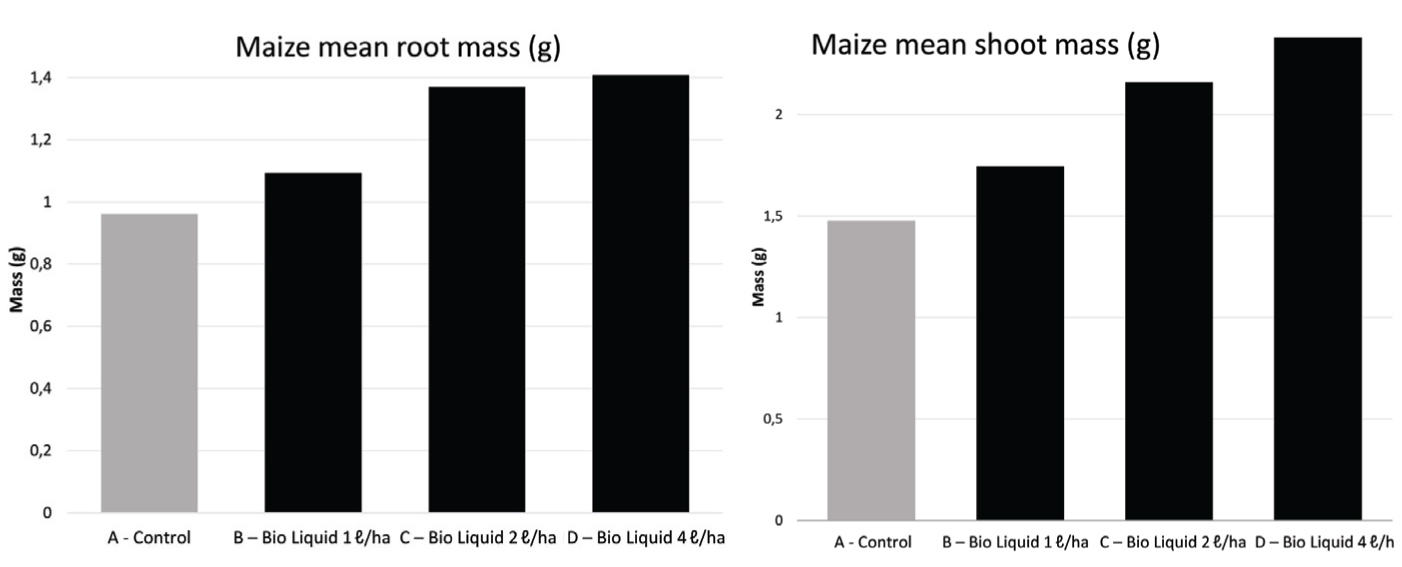
What does CMS do for plants?
It is reported that CMS can increase the availability of N, P, K, and organic matter in soil in comparison to standard chemical fertilisers, and finally increase crop yield. The application of CMS is beneficial for crop production as well as for the physical improvement in soil structure and stability. It is also known to increase the biological activity of beneficial micro-organisms.
Seaweed extracts contain amino acids, macro and micro elements and natural growth hormones such as cytokinins and auxins. However, seaweed extracts are best known for their bio-stimulant properties. Bio Liquid makes use of Ascophyllum nodosum extract which is a brown seaweed that has an extensive body of research showing its beneficial properties in plants.
What do seaweed extracts do for plants?
It has been demonstrated to improve plant growth, mitigate some abiotic and biotic stresses, while also improving plant defences by regulating molecular, physiological, and biochemical processes.
Plant nutrients are essential for optimal growth and development of plants. Bio Liquid contains some of the essential nutrients required by plants as well as plant available silicon. Silicon is not considered an essential plant nutrient, but an increasing body of evidence suggests that silicon plays a beneficial role in plant development, especially under abiotic and biotic stress conditions.




